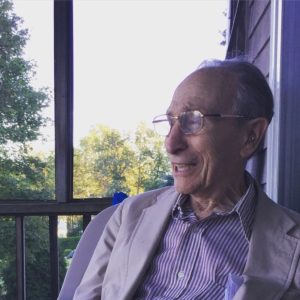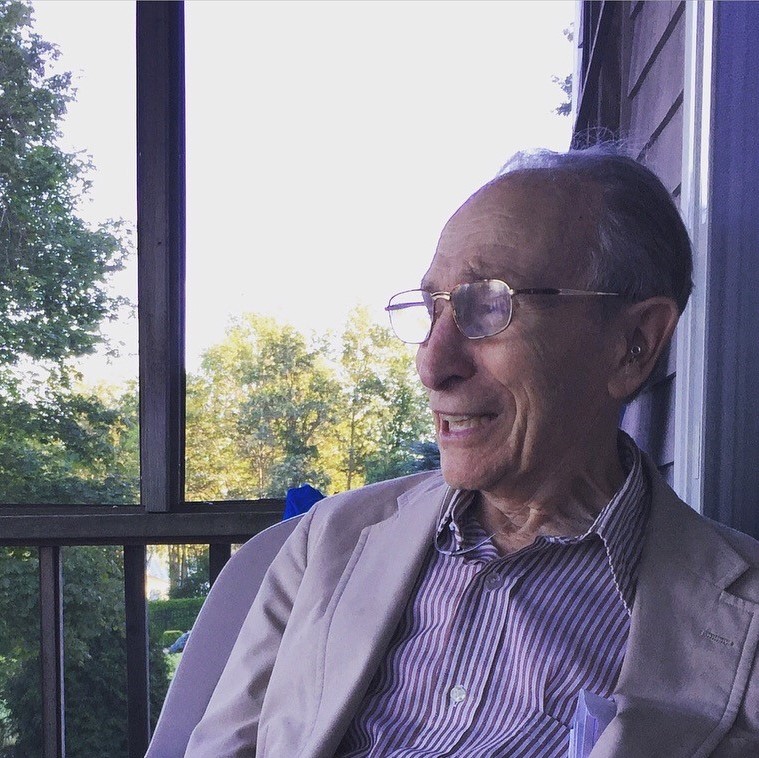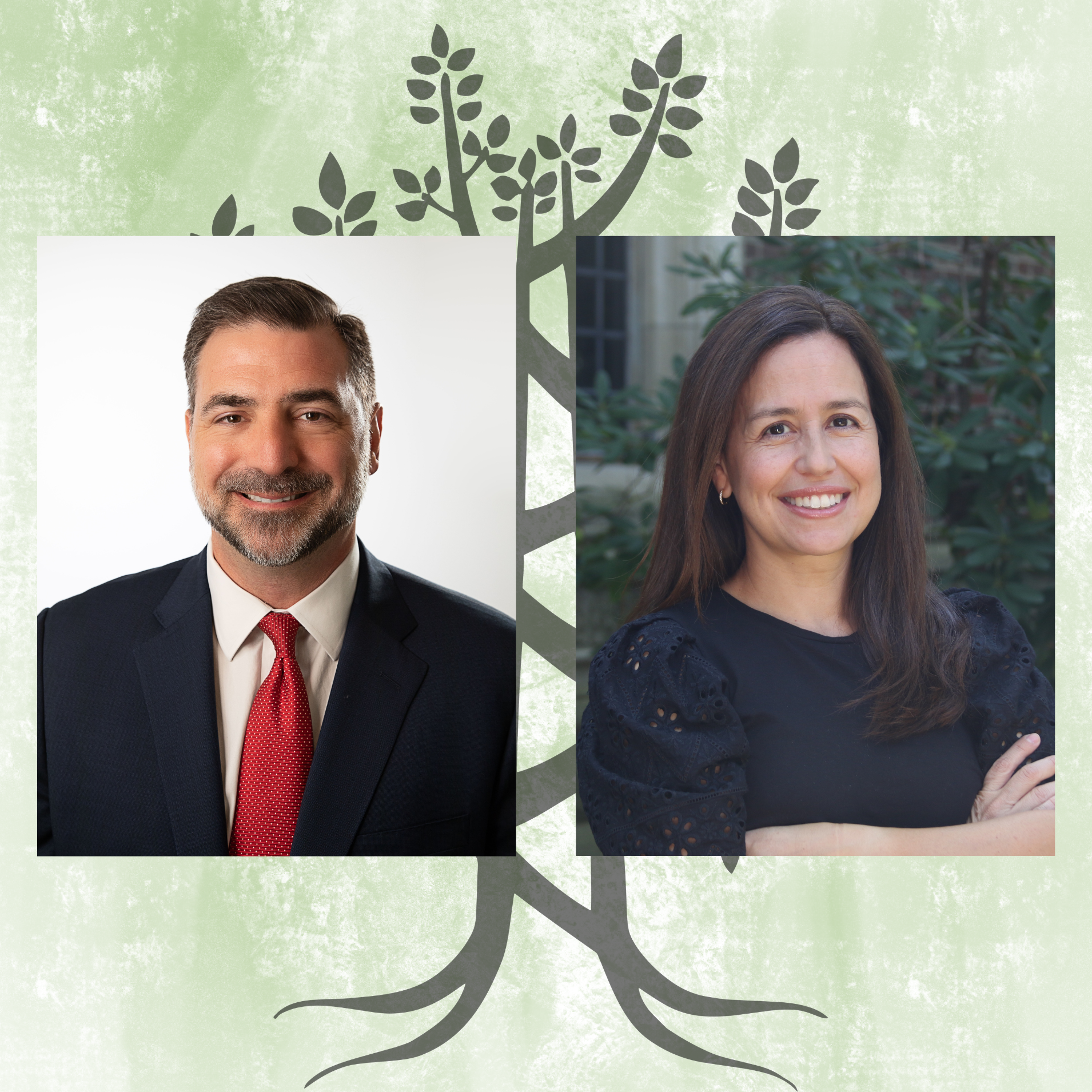
My father was born in Lublin, Poland in 1926. He almost never spoke about the Holocaust. I can only recall three times, but this is what I have been able to put together. During the early part of the war he and my grandfather were hiding in various locations. He described once hiding on a farm and being forced out by a German patrol. The two of them ran across and open field under fire from the patrol and my grandfather was grazed in the leg by a bullet. I do not know much about my grandmother other than she was caught and executed in April 1942. When asked about it, my father would only say, “We did not speak of it then, and I will not speak of it now.” He was 16 at the time.
At some point my father, grandfather, aunt, and her husband went into hiding in a factory in Radom. My uncle’s father owned a number of tanneries in Radom that were important to the German war effort and these were allowed to continue operating. At some point in 1943 the four of them became part of a group of Jews who were designated for exchange with the Allies for German POWs. It is not clear how serious this plan was, as there were many such schemes to lure Jews out of hiding. More details on these plans can be found in “The Case of the Hotel Polski”. These exchange Jews were held in Bergen-Belsen where my father spent 22 months. Although the validity of the exchange plan remains uncertain, these prisoners were evacuated from Bergen-Belsen in April 1945 in part because the commandant of the camp, formerly the commandant of Auschwitz, did not have direct control over them. They were liberated 7 days later on a rail siding in Farsleben by elements of the 743rd tank battalion and members of the 30th Infantry division.
As my father did not speak about his experiences much, I do not know how he held up hope, but I imagine that being with family members or being part of a group helped. My father did say that my grandfather tried to maintain as much Jewish practice as possible. In fact, when my son Nathan became Bar Mitzvah, my father gave him a small pair of teffilin in a tattered cloth bag. They had been my grandfather’s that he had kept hidden and with him during the war.
After the war my father lived in Brussels and then studied at the Sorbonne in Paris. He later moved to Toronto, where my grandfather and his second wife had settled. She was the woman who I grew up with as Bubbe. Apparently, one day he went to the University of Toronto to inquire about studying physics as a graduate student, and was admitted shortly thereafter. After his graduate studies he followed his advisor to Harvard where he did further low temperature research including building a machine demonstrating super cooling of water and ice crystal formation that was part of the US exhibition for the 1958 World’s Fair. The machine spent many years as an exhibit in the Boston Museum of Science. He moved from Harvard to Brown University where he spent his entire career.
As my father did not really talk about his experiences, it is difficult to determine how they might have affected me. I do recall two things that I trace to his experiences. One was a nervousness about checkpoints. Passing through customs was usually proceeded by a quick review of only answering the questions and not saying anything else. He was always direct with agents, but hardly friendly. I can only imagine a checkpoint where a small miscue would be life threatening. My father also had a healthy respect for bacterial infection. Any kind of cut should be washed and treated with Neosporin (no longer that effective as an antibiotic). He always said that in the battle of Gettysburg more soldiers died of infections than of their direct wounds. This may be true, but I wonder whether the real reason was that he had seen people succumb to what would have been a trivially small injury.


